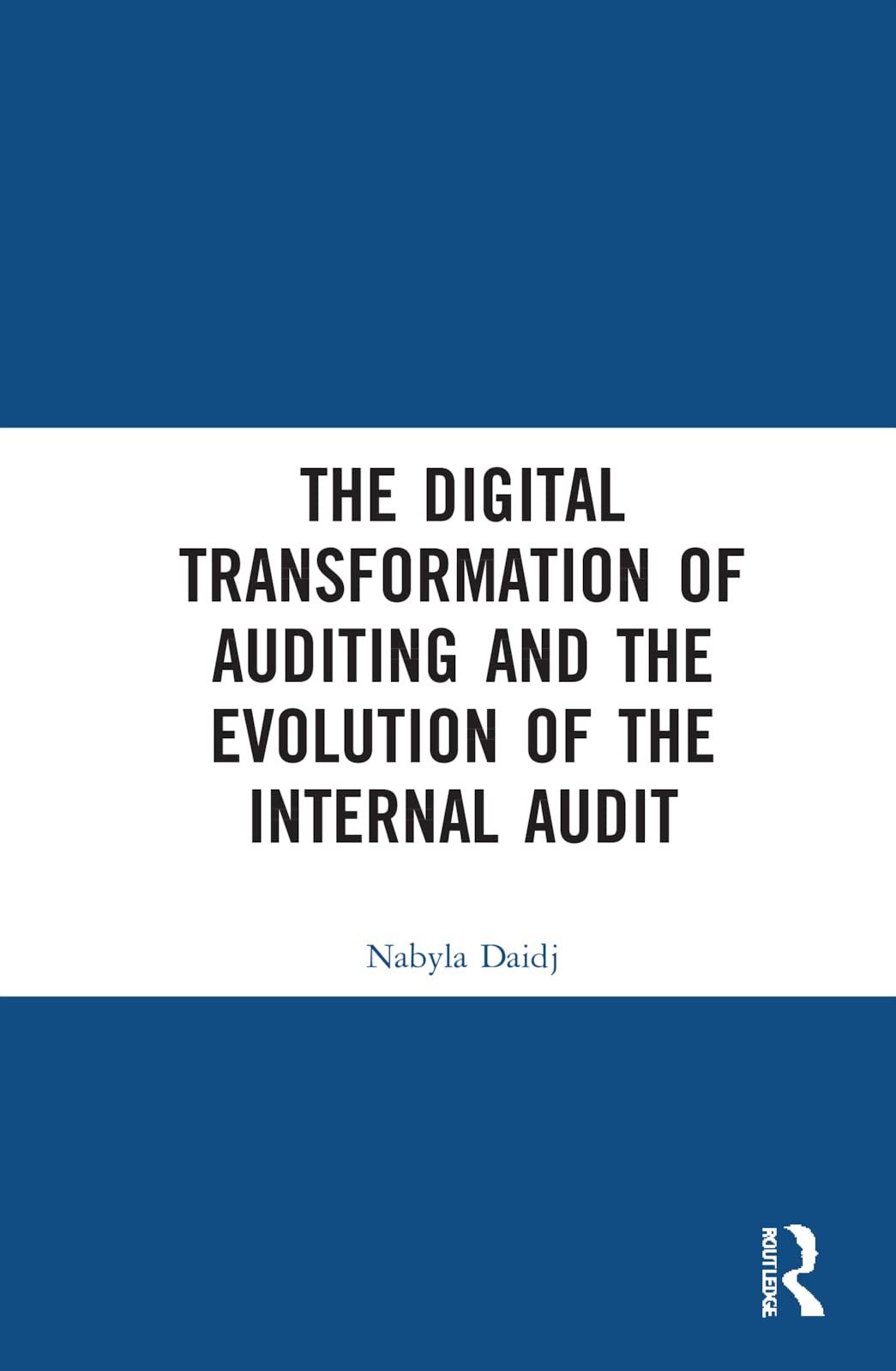Question
Leander Office Products produces and sells small storage and organizational products for office use. During the first month of operations, the products sold well. Andrea
Leander Office Products produces and sells small storage and organizational products for office use. During the first month of operations, the products sold well. Andrea Leander, the owner of the company, was surprised to see a loss for the month on her income statement. This statement was prepared by a local bookkeeping service recommended to her by her bank manager. The statement follows:
| LEANDER OFFICE PRODUCTS LTD. INCOME STATEMENT | |||
| Sales (40,000 units) | $200,000 | ||
| Variable expenses: | |||
| Variable cost of goods sold* | $80,000 | ||
| Variable selling and administrative expenses | 30,000 | 110,000 | |
| Contribution margin | 90,000 | ||
| Fixed expenses: | |||
| Fixed manufacturing overhead | 75,000 | ||
| Fixed selling and administrative expenses | 20,000 | 95,000 | |
| Operating loss | $ (5,000) | ||
| * Consists of direct materials, direct labour, and variable manufacturing overhead. |
Leander is discouraged over the loss shown for the month, particularly since she had planned to use the statement to encourage investors to purchase shares in the new company. A friend who is an accountant insists that the company should be using absorption costing rather than variable costing. He argues that if absorption costing had been used, the company would probably have reported a profit for the month.
Selected cost data relating to the product and to the first month of operations follow:
| Units Produced | 50,000 |
| Units Sold | 40,000 |
| Variable cost per unit: | |
| Direct Materials Direct Labour Variable manufacturing overhead Variable selling and administrative expenses | $1.00 $0.80 $0.20 $0.75 |
Complete the following:
- Calculate the profit/loss per unit using the current income statement.
- Compute the unit product cost under absorption costing using the bases of the number of units produced.
- Calculate the variance between the two methods.
- Analyze this variance. Explain why the result is different between the two costing methods.
- Make a recommendation using the concepts learned throughout the course and advise Andrea which costing method she should use and fully explain your rationale.
- If Andrea is using absorption costing and if she were to cut variable costs by 10%, what would the profit per unit be? What was the $ increase?
- If Andrea is using absorption costing and if she were to cut fixed costs by 10%, what would the profit per unit be? What was the $ increase?
- Which costs should Andrea look to reduce first and why?
Step by Step Solution
There are 3 Steps involved in it
Step: 1

Get Instant Access to Expert-Tailored Solutions
See step-by-step solutions with expert insights and AI powered tools for academic success
Step: 2

Step: 3

Ace Your Homework with AI
Get the answers you need in no time with our AI-driven, step-by-step assistance
Get Started


